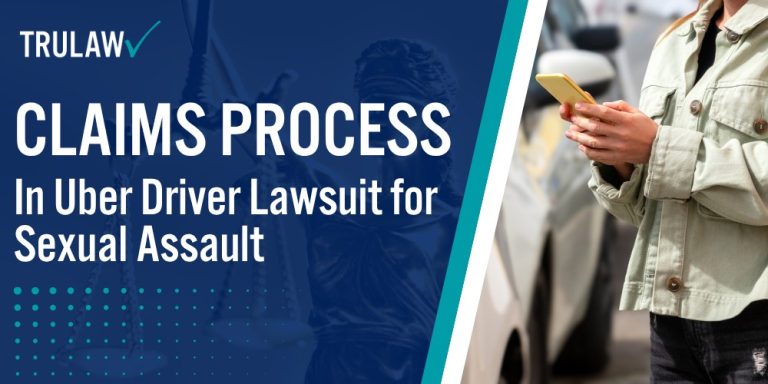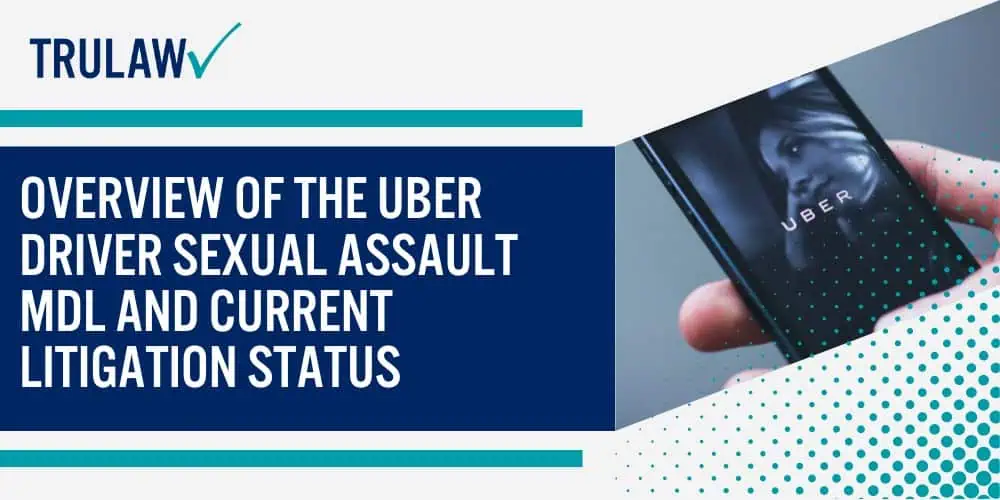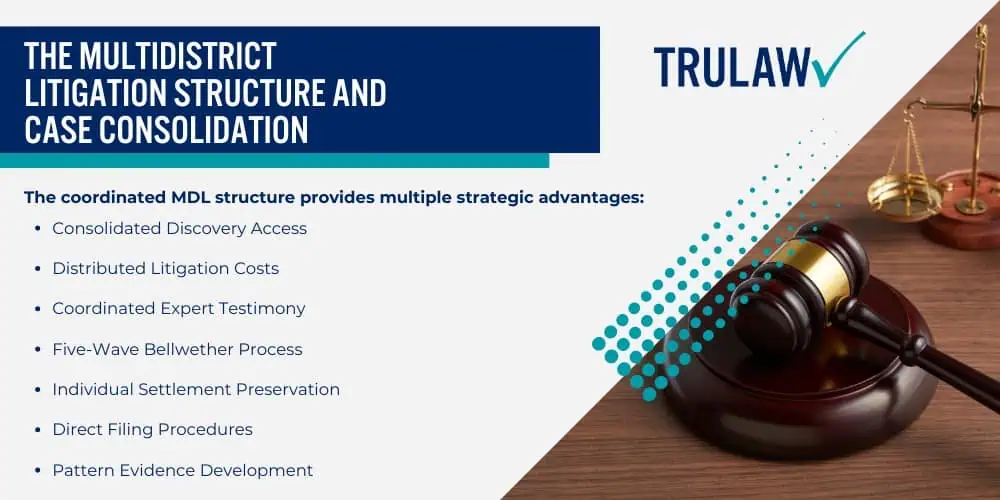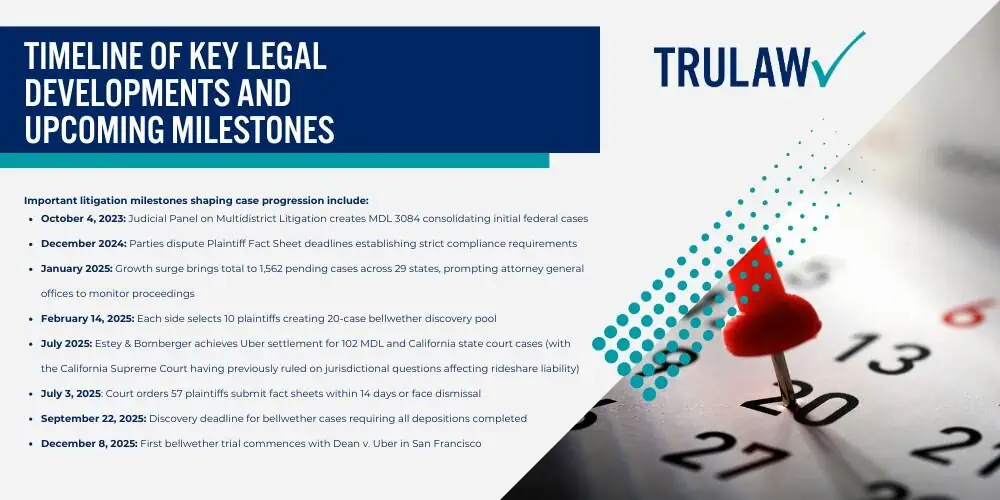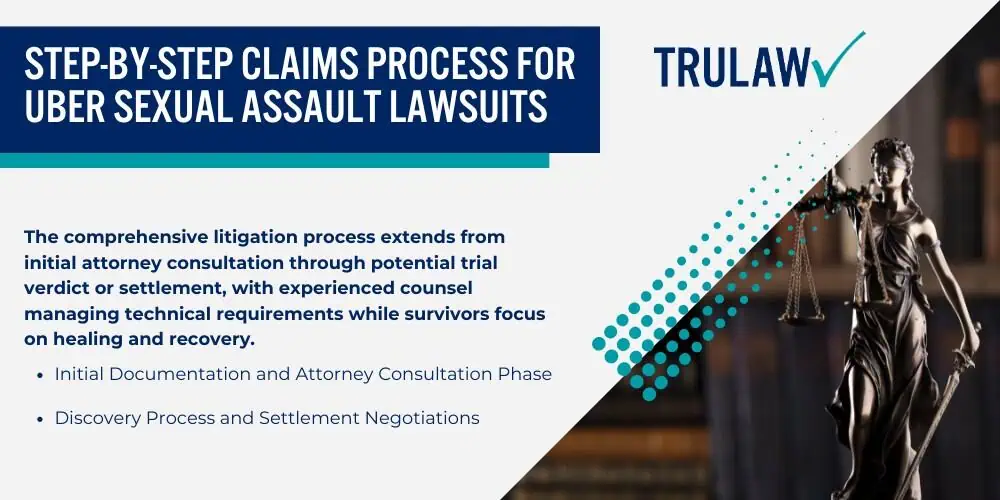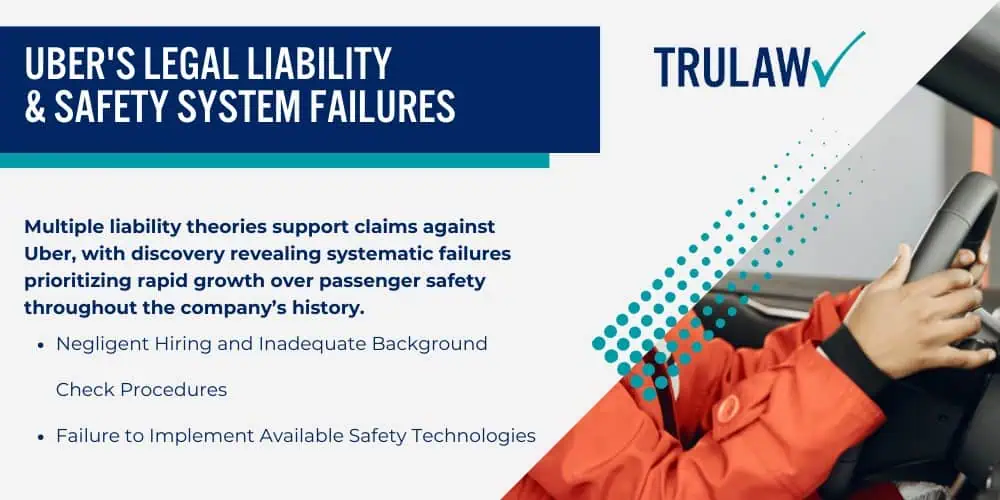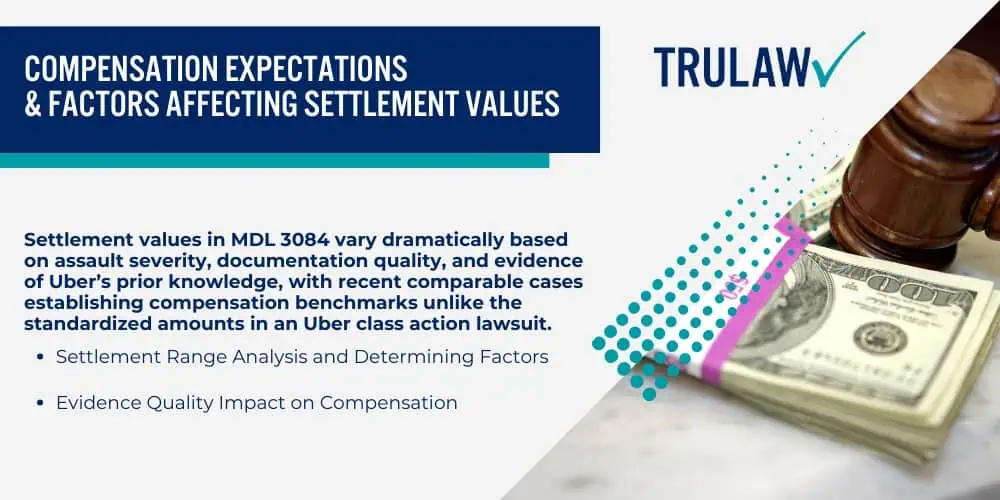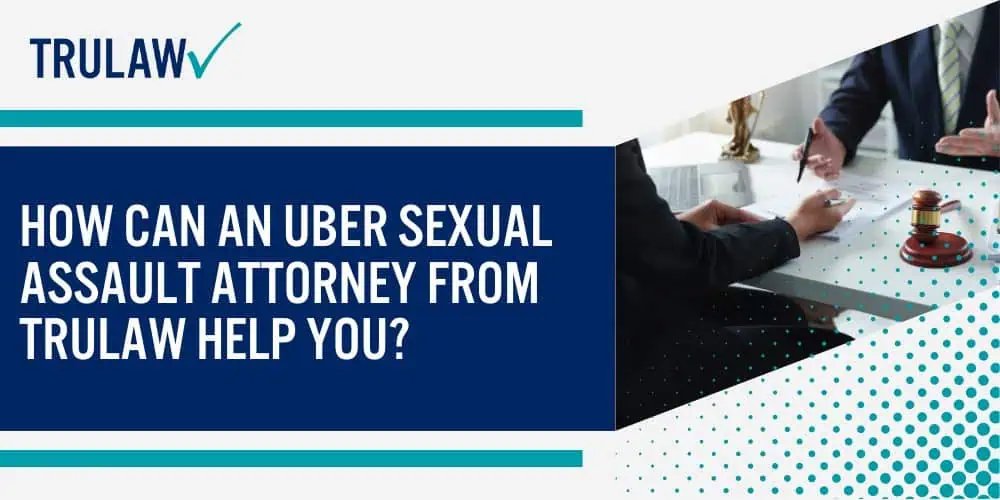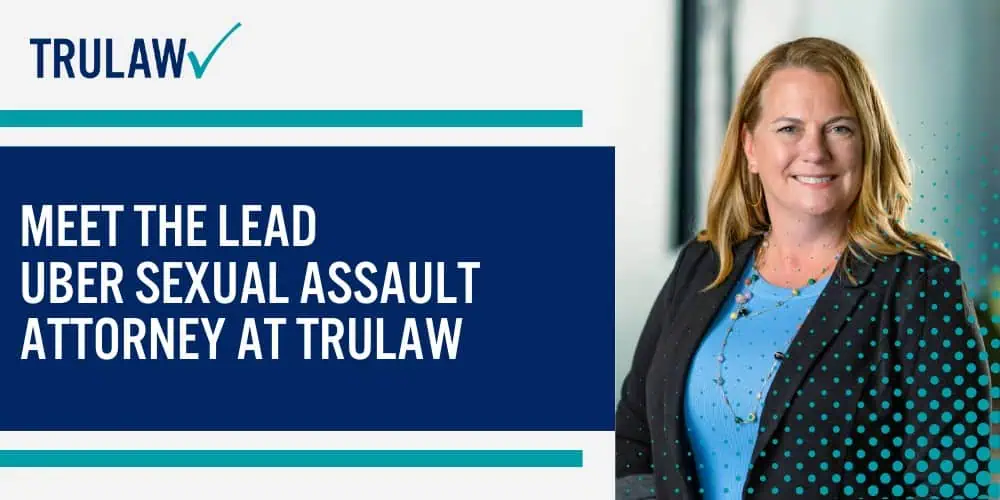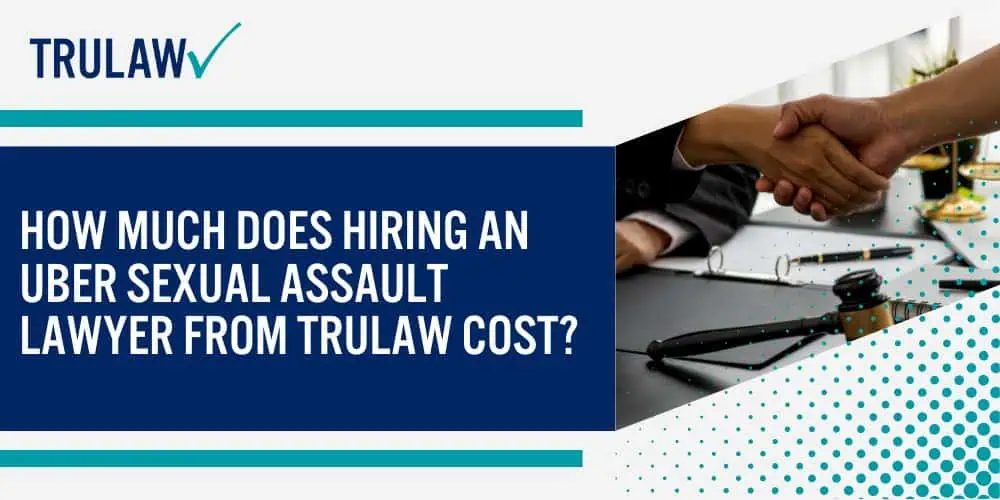Survivors of Uber driver sexual assault maintain legal rights regardless of incident timing, though state-specific statutes of limitations create urgent filing deadlines requiring immediate evaluation.
The claims process accommodates varying evidence levels while recognizing trauma’s impact on reporting, with comprehensive documentation strengthening cases but not serving as an absolute requirement for filing.
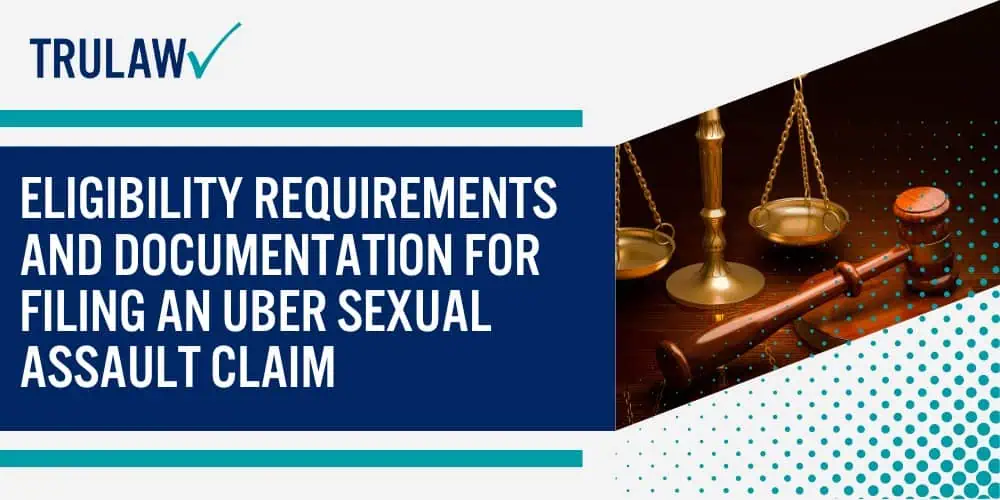
TruLaw provides free confidential evaluations determining eligibility based on individual circumstances without requiring extensive documentation upfront, working alongside city attorneys pursuing parallel civil enforcement actions against rideshare companies.
Required Evidence and Documentation Procedures
Successful claims benefit from immediate evidence preservation, though attorneys can obtain key materials through MDL discovery powers even with limited initial documentation.
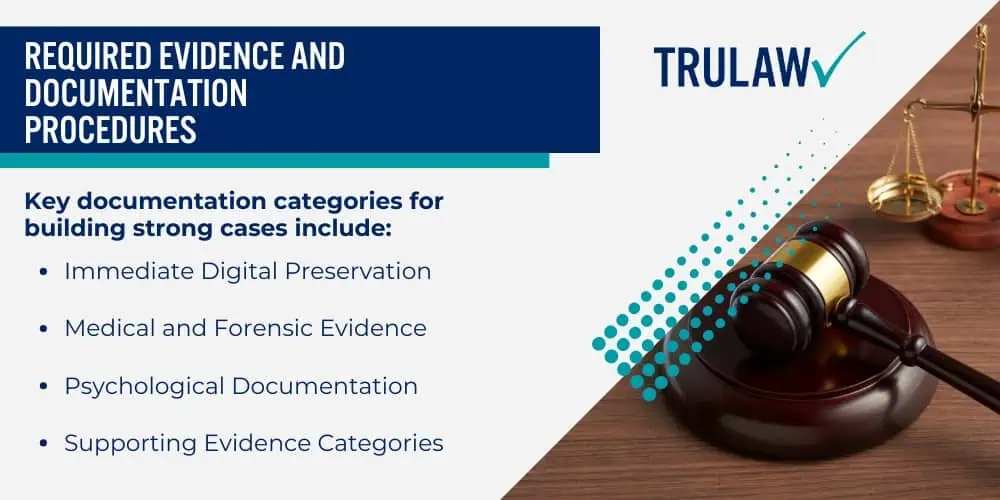
Key documentation categories for building strong cases include:
Immediate Digital Preservation:
- Screenshot complete Uber ride receipts showing driver name, photo, vehicle information, and rider paid fare details
- Save entire ride history including pickup/dropoff locations and actual route taken
- Preserve all in-app messages, driver communications, and in app chat support interactions
- Document any route deviations, unexpected stops, or isolation attempts
- Capture driver rating history and any prior rider comments if visible (as discovery will require Uber provide these records later)
Medical and Forensic Evidence:
- Emergency room records documenting initial examination and injury assessment
- Sexual Assault Nurse Examiner (SANE) reports containing forensic evidence collection
- Photographs of injuries including bruising, scratches, or defensive wounds
- STD testing results and any pregnancy-related medical care documentation
- Medical diagnosis documentation for assault-related conditions
Psychological Documentation:
- Initial therapy or counseling intake documenting immediate trauma responses
- PTSD diagnosis or other psychological conditions resulting from assault
- Psychiatric evaluations and prescribed medications for assault-related symptoms
- Documentation of lifestyle changes, social withdrawal, or functional impairments resulting in mental or physical illness
- Records showing inability to use rideshare services following assault
Supporting Evidence Categories:
- Police reports if filed, though not required for civil lawsuit eligibility
- Contact information for anyone told about assault immediately afterward, including any family member who provided support
- Uber complaint confirmations and any response received from company
- Witness information for anyone who saw concerning driver behavior
- Personal writings, journal entries, or social media posts documenting impact
MDL discovery provides access to driver background checks revealing independent contractors screening failures, prior passenger complaints, and internal safety assessments unavailable to individuals.
State-Specific Statutes of Limitations and Lookback Laws
Filing deadlines vary dramatically between jurisdictions, with some states providing extended windows while others maintain strict time limits requiring immediate action.
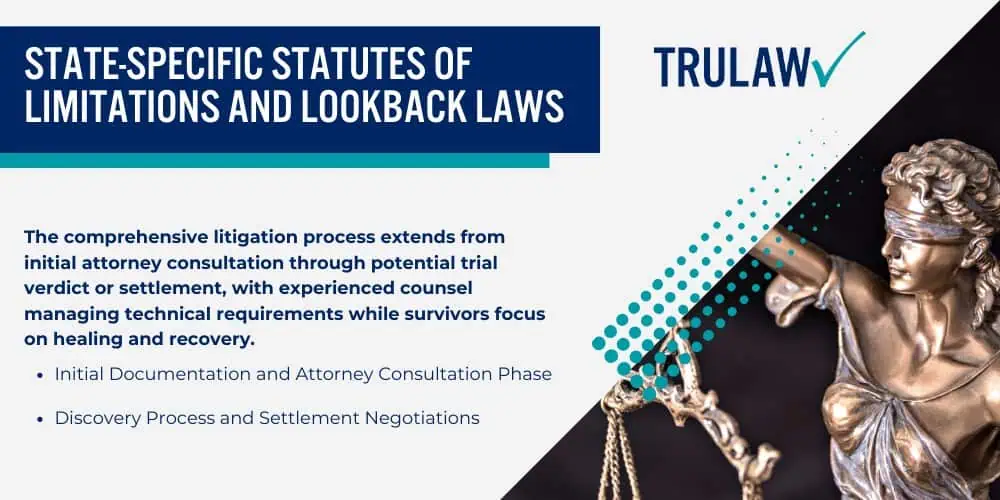
Jurisdictional variations in filing deadline requirements include:
- California: Ten years from assault date or special lookback window through December 31, 2026 for older incidents
- Texas: Five years for adult victims with extensions for minors continuing until age 30 (representing a period covered by enhanced protections)
- New York: Adult Survivors Act created temporary window for time-barred claims through November 2024
- Florida: Four years from assault or seven years from reaching age 18 for minor victims
- Illinois: Ten years with discovery rule applying when psychological harm becomes reasonably apparent
- Federal MDL: Claims must comply with home state limitations regardless of MDL venue
- Lookback Jurisdictions: Twenty-two states enacted laws temporarily reviving expired claims
- Discovery Rule States: Limitations begin when victim reasonably discovers assault-related harm
- Tolling Provisions: Extensions for psychological incapacity, minority status, or defendant absence
Immediate legal consultation preserves maximum options, as waiting risks permanent loss of otherwise valid claims.
Statutes of limitations create hard deadlines that cannot be extended once missed.
Contact TruLaw immediately to determine your filing deadline and preserve your Uber sexual assault claim.
